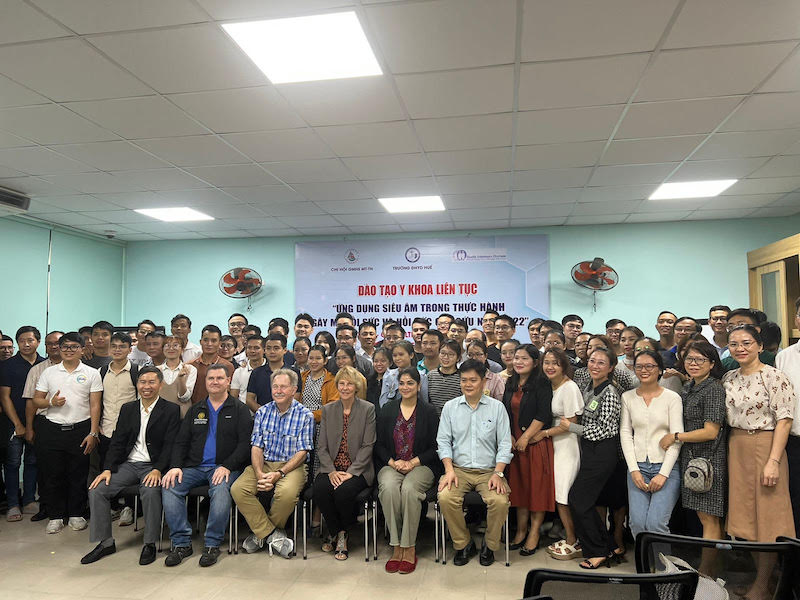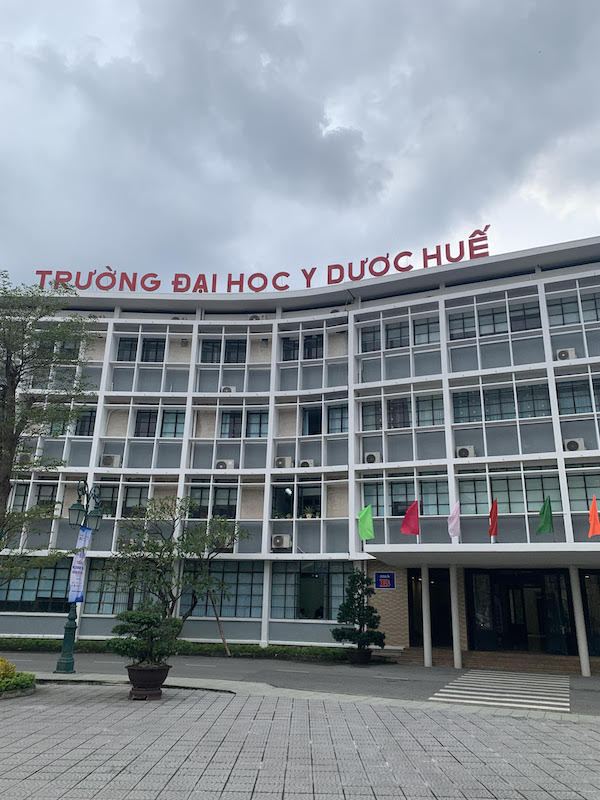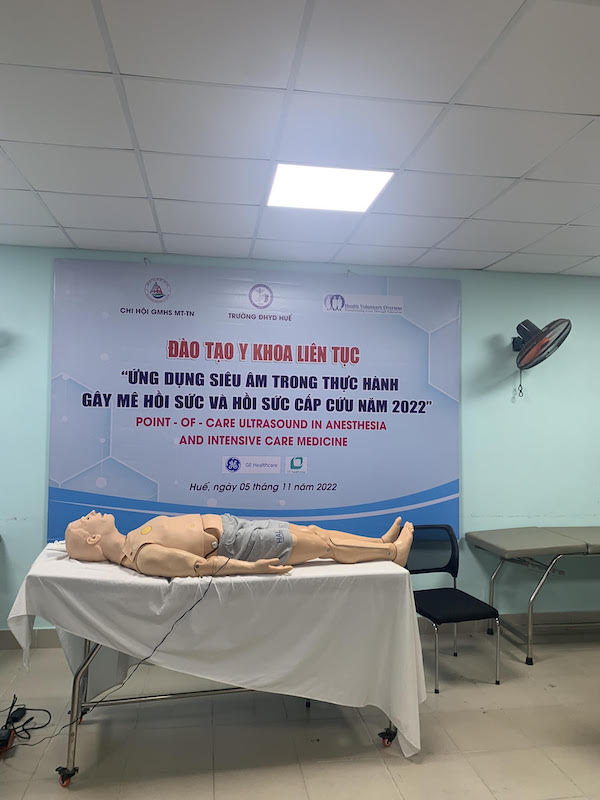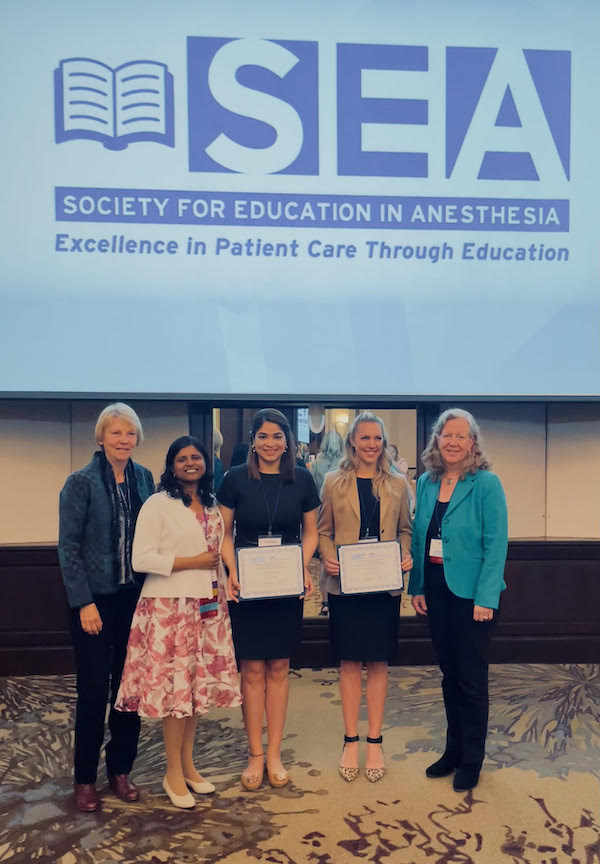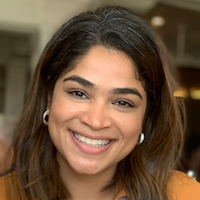 Sukhman Shergill, MD |
In the realm of medicine, I see a myriad of heroes don invisible capes as they strive relentlessly to improve lives. Their stories of compassion, humility and resilience stirred me as I took a front row seat to these chronicles during medical school in India and residency training in the United States. They inspired me to be part of something greater, a purpose that transcended hospital walls and touched lives far and wide. When the opportunity of the SEA-HVO global health traveling fellowship presented itself, I felt that perhaps this could be what I had been looking for. With anticipation and excitement, I prepared for the journey. However, a lingering question remained in the back of my mind – how much of a difference could one person really make?
My adventure was off to a rocky start. While navigating through connecting airports in Vietnam, I almost lost my luggage due to a miscommunication. Thankfully, I avoided having to repeat outfits through the skills learned in residency, of keeping calm while my brain was flooded with adrenaline, helped along by the immense kindness of strangers in this new land. Exhausted yet brimming with enthusiasm, I finally reached my destination, ready to wholeheartedly embrace whatever adventures the next four weeks had in store.
My new hospital was almost two blocks away from where I was living. On my daily walks there, I would pass a middle school, where waving back to the eager kids in the school grounds would uplift me from my bleary-eyed morning daze, bringing a smile to my face. Further down the road, the kid’s visages were replaced by those of the residents and faculty at the hospital, who welcomed me with equal warmth and enthusiasm, making me feel right at home. Walking through the wards of Hue University of Medicine and Pharmacy Hospital (HUMP), I felt an odd sense of familiarity; even though it was a new environment, I could see glimpses of the world of medicine I had known back in India, one where judicious use of resources was almost as important as the fortitude of physicians with the skills to use them. From the very first day at HUMP, I was awestruck by the generosity of the residents and faculty at the department, and their eagerness to learn. A weekend POCUS workshop had doctors attend in large numbers, which, over the next few weeks, led to a surge of spirited residents practicing their ultrasound skills in the ORs and the PACU. While a translator facilitated effective communication during the workshop, I found myself keenly observing the universal language of human emotions, with every frown on the forehead, the widening of eyes or the shift in the seat, helping me to attune meaningfully to the participant’s emotional state. Dispelling the fatigue of the Zoom world, the in-person morning and afternoon lectures further helped stretch the repertoire of non-spoken words for effective communication. My work with the residents in the ORs began flowing naturally into the classroom sessions, reflecting on the care we were providing and thinking about ways to do it better. These conversations granted me pertinent insights into the culture and value systems of the local community, making me appreciate the nuances of delivering healthcare in a different environment. Confronted by a formidable language barrier while interacting with the patients in the operating room, I became even more appreciative of the humanistic aspects of medical care. I recognized how important effective communication was for anesthesiologists, playing an essential role in putting patients at ease in the minutes preceding life altering procedures. I saw first-hand that, despite our many differences, we are all tied together by the common thread of humanity – one that enabled trust and faith being afforded by a gentle smile and the warm touch of a hand.
As anesthesiologists, we are accustomed to seeing instant results from our interventions. At HUMP, however, I saw the fruits of hard work put in over the years by the department leadership, the HVO site directors and the volunteers. During my time there, I had the privilege of working directly under the guidance of Dr. Dohlman, the previous site director, and Dr. Lee, the current site director. Their unwavering commitment to the educational mission of improving the availability and quality of health care was palpable. Empowered by their visionary leadership, the HVO program at Hue has served as a gateway for the residents, exposing them to diverse approaches of practicing the science and art of anesthesia. This enriching opportunity left me with a deep respect for the medical professionals working at the hospital. It also instilled in me a newfound appreciation for the opportunities and access available at home, revitalizing my resolve to continually grow and develop professionally within the field. With each of the three legs of my flight to Vietnam, I was “crossing over” the boundaries of my comfort zone that helped me forge a different kind of courage, one that ultimately unfolded answers to the queries that were gnawing at me before embarking on this trip. I discovered those answers in the warm smiles of the many residents that I met there, in their resilience to improve themselves and in the glimmer in their eyes to be the best physicians for their communities moving forward. Remembering those innocent smiles and the boundless vigor, touched by the invisible capes of my mentors, has encouraged me to gradually start sewing my own.
